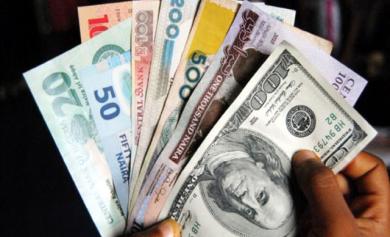
The nation’s annual inflation rate declined to 9.4 per cent in July as the naira strengthened against the dollar, curbing the cost of imported food.
Inflation slowed from 10.2 per cent in June, the National Bureau of Statistics said in a statement issued in Abuja, yesterday.
The Central Bank of Nigeria targets an inflation rate of less than 10 per cent.
The naira climbed 2.5 per cent against the dollar between June 23 and the end of July, with the currency strengthening to 151.1 on the interbank market on July 1 after the central bank lifted a curb on foreign investors’ bond holding, according to data compiled by Bloomberg.
The central bank raised its benchmark interest rate for the fourth time this year on July 26 to help curb inflation.
The bank sells foreign currency at bi-weekly auctions to keep the naira within a range of 3 per cent above or below 150 per dollar.
The outlook for inflation this year is “uncertain” due to plan to more than double the monthly minimum wage to 18,000 naira ($116) and to deregulate fuel prices, central bank Governor, Lamido Sanusi said last month.
Core inflation, which excludes food, will probably accelerate in the second half of the year, according to Sanusi.
The economy probably expanded about 7.9 per cent in the second quarter and is expected to grow 8 per cent this year, according to the statistics office.

